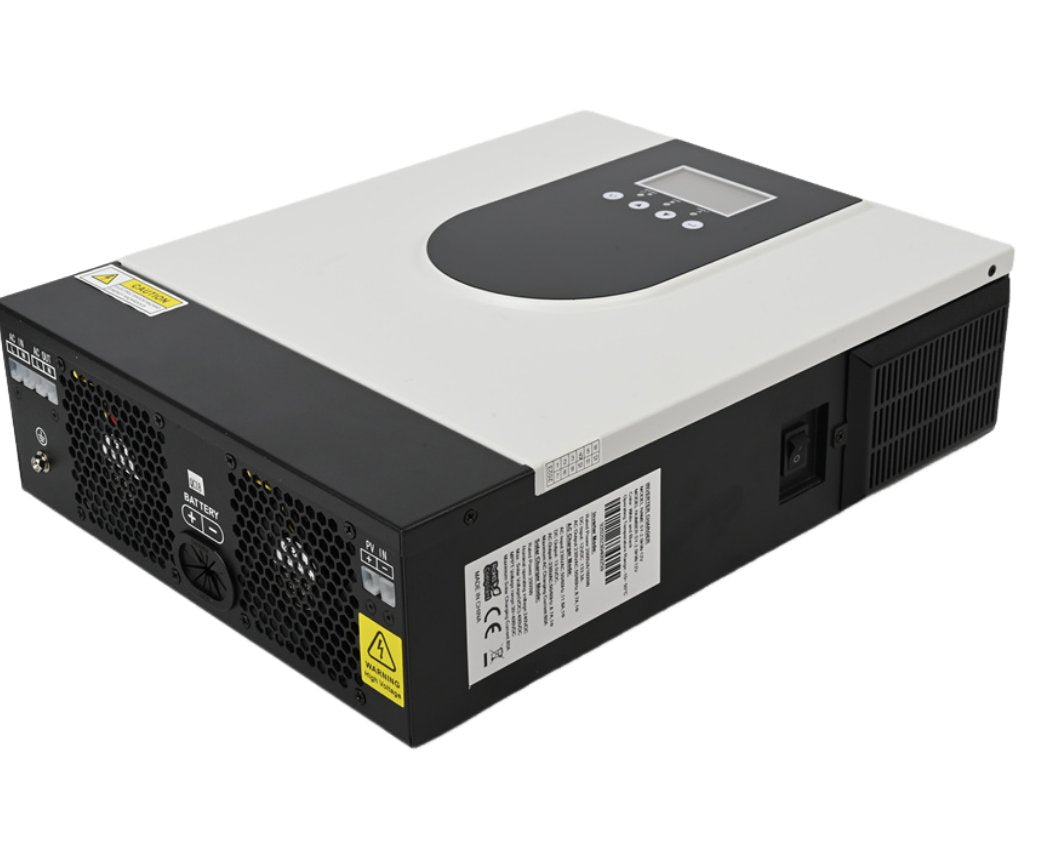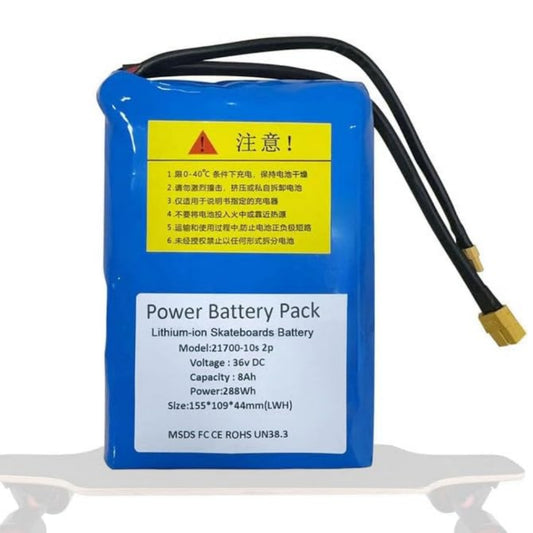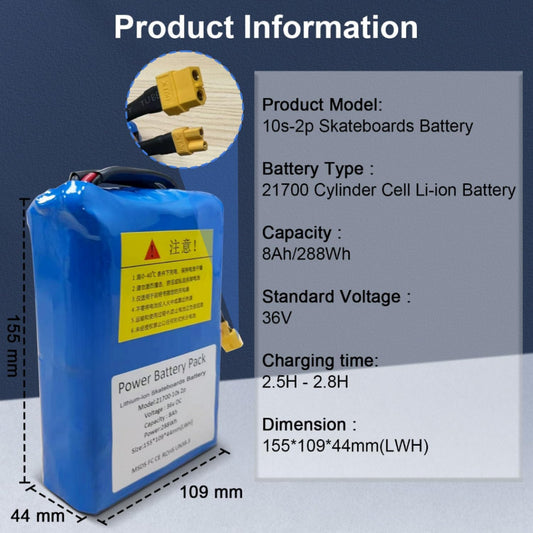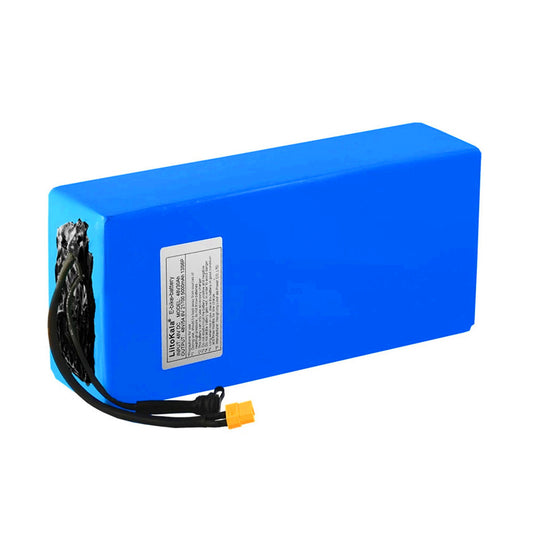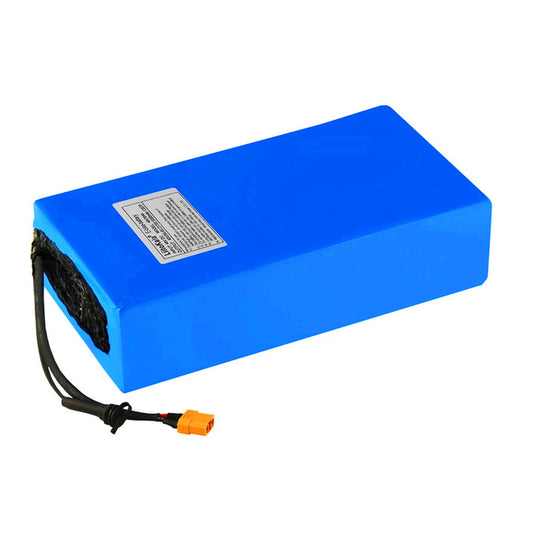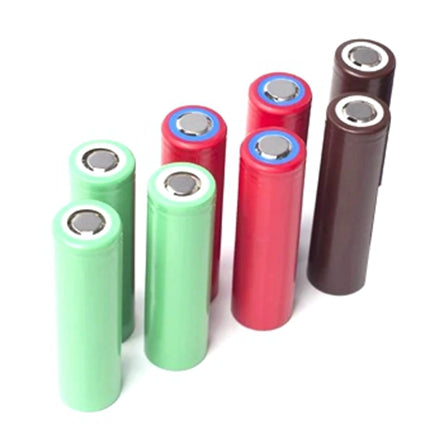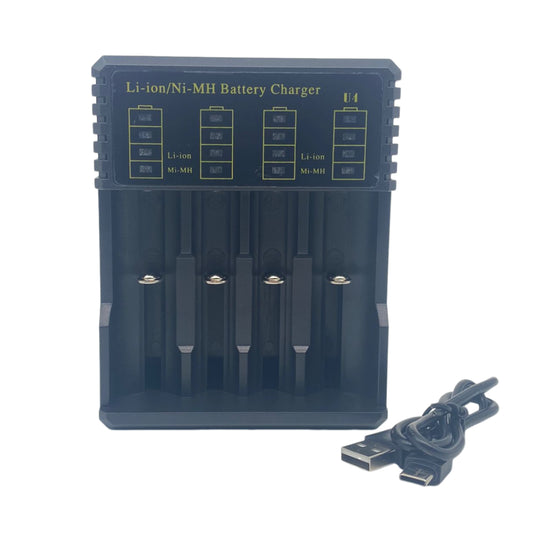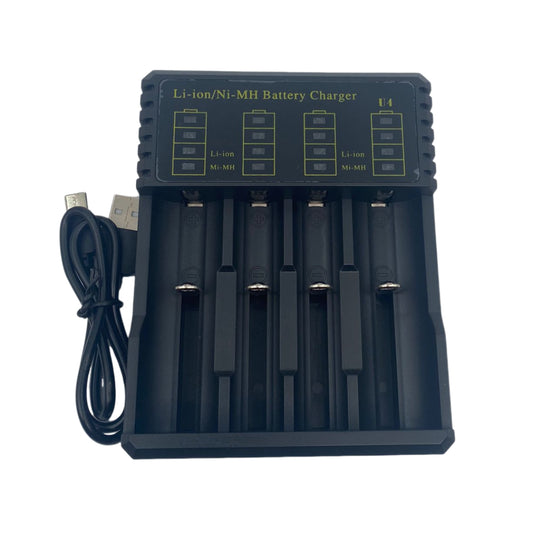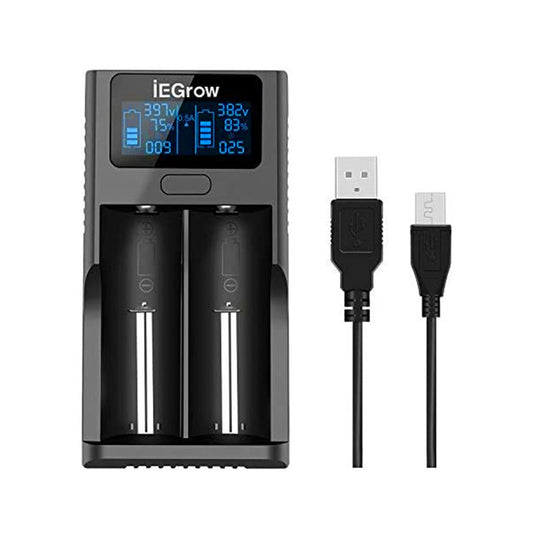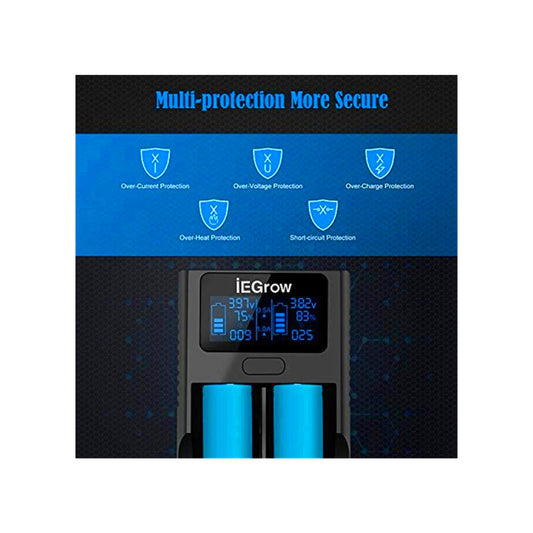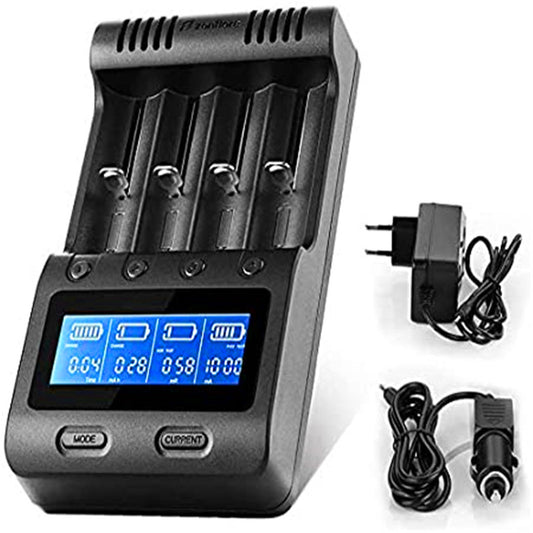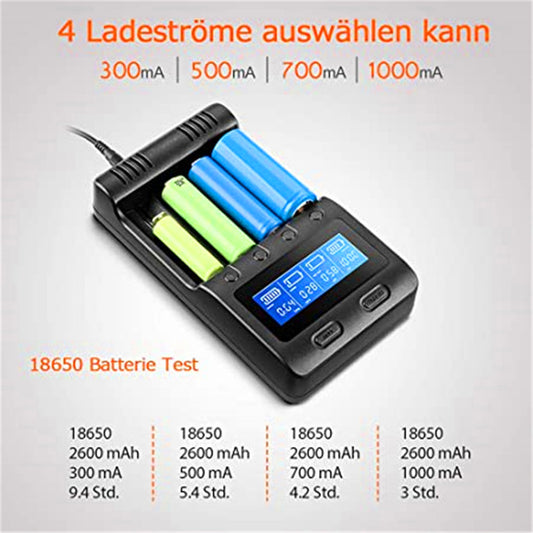Batteries are an essential part of our daily lives, powering everything from remote controls to high-tech gadgets. Lithium and alkaline batteries are the most popular choices among them. They differ significantly in performance, cost, and suitability for various applications. In this article, we'll explore these differences to help you understand which battery is right for you.
What are Lithium Batteries?
Lithium batteries are a type of battery that uses lithium as its primary component, acting as a reliable and efficient power source. Lithium batteries discharge by moving lithium ions from the negative electrode (anode) to the positive electrode (cathode) through an electrolyte. When the lithium-ion battery is charging, the ions move in the opposite direction. This movement of ions generates the electrical energy that powers devices.
Lithium batteries come in several types based on material composition:
-
Lithium-Ion (Li-Ion) Batteries
-
Lithium Polymer (Li-Po) Batteries
-
Lithium Iron Phosphate (LiFePO4) Batteries
-
Non-Rechargeable Lithium Batteries
-
Sizes and Formats
In terms of size, lithium batteries come in various formats, such as:
-
18650 Lithium Batteries
-
21700 Lithium Batteries
-
16650 Lithium Batteries
-
14500 Lithium Batteries
-
Flat Lithium Batteries
-
Rectangular Lithium Batteries
-
Coin Cell Lithium Batteries

What are Alkaline Batteries?
Alkaline batteries are a staple in many households, known for their reliability and widespread availability. These batteries use zinc and manganese dioxide as their primary components, which react with an alkaline electrolyte to produce power. So alkaline batteries are typically non-rechargeable.
Alkaline batteries come in various sizes for different devices:
-
(Double-A) AA Alkaline Batteries
-
(Triple-A) AAA Alkaline Batterie
-
C Batteries
-
D Batteries
-
9V Batteries
Side-by-Side Comparison: Lithium vs. Alkaline Batteries
Lithium and alkaline batteries each have their unique strengths and weaknesses. Let's explore the most critical factors set these two battery types apart.
Price
Lithium batteries have a higher upfront cost, typically about three to four times more than alkaline batteries, due to their advanced technology and longer lifespan. For instance, a lithium AA battery might cost $2 to $3, while an alkaline AA battery is usually under $1. However, lithium batteries can last up to five times longer in high-drain devices, making them more cost-effective in the long run despite the initial higher price.
Voltage
Lithium batteries pack a punch with a steady voltage of 3.0 to 3.7 volts, and maintain a consistent voltage throughout their lifespan. In contrast, alkaline batteries start at 1.5 volts but gradually lose power as they run down. This means lithium batteries keep your devices running at full power for longer, while alkaline batteries might start to slow down as they drain.
Capacity
Lithium batteries have a much higher energy density than alkaline batteries, often packing up to three times more energy in the same size. Before replacing batteries, the lithium-ion batteries can power your devices for much longer, especially suitable for high-drain devices like cameras or portable electronics, On the other side, alkaline batteries, with their lower energy density, might run out of juice much quicker.
Weight
Lithium batteries are significantly lighter than alkaline batteries, which makes them ideal for portable devices. For example, on average, a lithium AA battery weighs about 15 grams, while an alkaline AA battery weighs around 23 grams. This weight difference, though seemingly small, can be crucial in devices to improve portability and efficiency where every gram counts, like in drones, wearable tech, or high-end cameras,
Cycle Life
Lithium rechargeable batteries can typically endure between 300 to 500 full charge cycles, and some high-quality lithium-ion batteries even last up to 1,000 cycles. This long cycle life makes them a durable, cost-effective choice for devices you use frequently. In contrast, alkaline batteries are single-use and non-rechargeable and you must purchase new alkaline batteries frequently over time.
Temperature Range
Lithium batteries perform much better than alkaline batteries in extreme cold weather. Lithium batteries are built to handle a wide range of temperatures, from -20°C to 60°C (-4°F to 140°F), and even in cold weather, they only lose about 10-20% of their capacity. However, alkaline batteries, are most effective between 0°C and 50°C (32°F to 122°F). In colder temperatures, they can lose capacity up to 50%.
Environmental Impact
Lithium and alkaline batteries both impact the environment, but in different ways. Lithium batteries can release toxic metals like lithium, cobalt, and nickel, which can contaminate soil and water, posing risks to wildlife and ecosystems. Alkaline batteries, while less toxic, contain zinc and manganese, which can still be harmful in large amounts. Although modern alkaline batteries are mercury-free, recycling is recommended to minimize environmental harm.
Safety
Lithium batteries can overheat, catch fire, or even explode if damaged, overcharged, or exposed to high heat, due to their high energy density and reactive materials. Alkaline batteries are generally safer in this regard, but they can leak corrosive chemicals like potassium hydroxide as they age or if damaged, which can harm devices and cause skin irritation.

Which is Better, Lithium Battery Or Alkaline Battery?
Lithium batteries offer several performance advantages over alkaline batteries. So, lithium batteries are ideal for devices that require reliable, long-lasting power, such as cameras, portable electronics, flashlights, and devices used in cold environments. They are also an excellent choice for more demanding applications like an e-scooter replacement battery.
However, for low-drain devices not needing frequent battery replacement, like remote controls, clocks, or simple toys, alkaline batteries are more suitable as the low cost-effectiveness.
To buy reliable lithium batteries and alkaline batteries, brands like Panasonic, LG Chem, and Samsung are top choices. Visit BatteryInt, and you can easily shop for the best lithium batteries for sale to meet your needs.
FAQs about Lithium Batteries and Alkalien Batteries
Can I mix lithium and alkaline batteries?
No, mixing lithium and alkaline batteries is not recommended. They have different voltages and discharge rates, which can cause uneven power distribution, leading to leakage, overheating, or even damage to your device.
Are AA batteries lithium or alkaline?
AA batteries can be either lithium or alkaline. To tell if they are lithium batteries or alkaline batteries, you can check the label: AA lithium batteries often mention "Lithium" directly on the packaging or battery, while alkaline batteries will typically state "Alkaline." Lithium batteries are also lighter and may have a slightly higher voltage.
Are all rechargeable batteries lithium?
No, not all rechargeable batteries are lithium. While lithium-ion batteries are common, other types include nickel-metal hydride (NiMH), nickel-cadmium (NiCd), and lead-acid batteries. Each rechargeable battery has its own specific use cases, with NiMH often used in household electronics and NiCd in industrial applications.
Read More:

